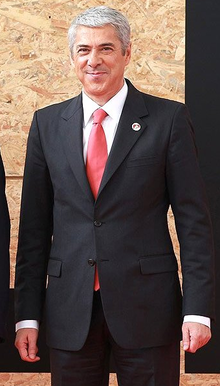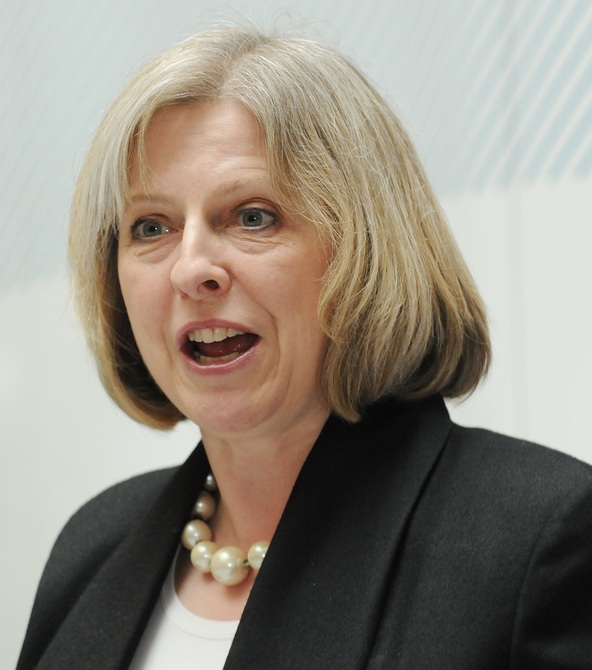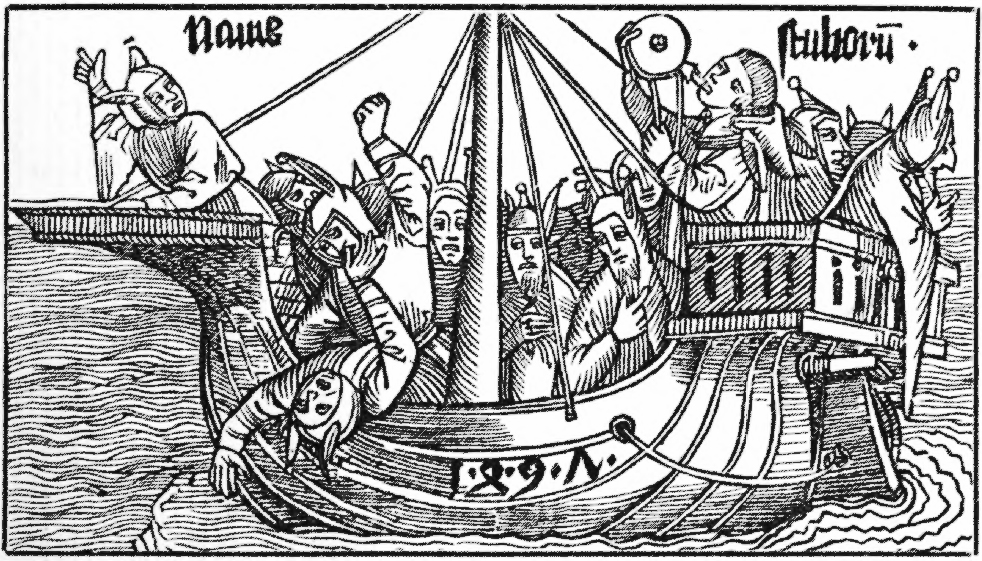By Catherine Moury and Adam Standring
During the Eurozone crisis, states receiving a bailout were required to implement spending cuts and other reforms in return for financial assistance. But to what extent did the governments of these states use the opportunity to advance their own policy agendas? Drawing on interviews with Portuguese politicians, this article argues that both the crisis and the bailout strengthened the hands of Portuguese government ministers in relation to other domestic actors. And when ministers favoured policies which were in line with those backed by international actors, they were able to use the situation to push for policies they already supported.
We recently conducted both an analysis of official statements and interviews with many of the main political actors that were in power during the sovereign debt crisis in Portugal (2010-2015). Our research highlights that both the crisis and the bailout made the executive stronger in relation to other domestic actors. Consequently, when Portuguese ministers favoured policies that were in congruence with those supported by international actors, they were able to use the crisis to advance their own agenda.
In 2011, Portugal received a bailout that was tied to a series of spending cuts and other reforms. But even before the bailout, the country’s centre-left government, led by José Sócrates, had taken advantage of the pressure on sovereign bonds and the perceived need to ‘calm the markets’ to see off their domestic opponents and implement a number of reforms that had already been on the agenda for some time.
Respondents to interviews frequently gave the reduction in severance payments and cuts in health spending as examples of reforms that Socialist ministers personally supported but had been unable to push through before external pressure provided them with a window of opportunity. Sócrates’ policy was to avoid the bailout at all costs, implementing austerity policies and publicly insisting that ‘Portugal was not Greece’. But when the Troika was finally summoned to rescue the Portuguese economy, their conditions were not entirely imposed.
Our interviews revealed that the Portuguese government maintained significant leeway to negotiate the measures that were included in the Memoranda of Understanding (MoU); with the results of the negotiations depending on the bargaining power and intensity of preferences of each side. In many cases, such as freezing the minimum wage (which the government opposed), the government had to accede to requests from international lenders. However, respondents also reported several instances in which the government managed to convince Troika representatives to exclude particular measures. The dismissal of public servants, the preservation of lower pensions, and the reduction of severance payments only for new contracts are examples of this.




 Greece has debt repayments of 7.2 billion euros
Greece has debt repayments of 7.2 billion euros  The first of these is the question of whether or not there should be an election at all. Under current rules the UK Prime Minister cannot call an election. But she can propose one and put it to a vote in the House of Commons. The risk is that in so doing she might look opportunistic – exactly what the rules are meant to be prevent. So, May tries to do two things. The first is to make out that she is only reluctantly calling this vote. She says as much, adding that she is just doing what is ‘necessary to secure the strong and stable leadership the country needs’. She also tries to describe that Commons vote as about something other than an election. Rather, it is about letting ‘everybody put forward their proposals for Brexit and their programmes for Government’ and removing the ‘risk of uncertainty and instability’ and ensuring ‘strong and stable leadership’.
The first of these is the question of whether or not there should be an election at all. Under current rules the UK Prime Minister cannot call an election. But she can propose one and put it to a vote in the House of Commons. The risk is that in so doing she might look opportunistic – exactly what the rules are meant to be prevent. So, May tries to do two things. The first is to make out that she is only reluctantly calling this vote. She says as much, adding that she is just doing what is ‘necessary to secure the strong and stable leadership the country needs’. She also tries to describe that Commons vote as about something other than an election. Rather, it is about letting ‘everybody put forward their proposals for Brexit and their programmes for Government’ and removing the ‘risk of uncertainty and instability’ and ensuring ‘strong and stable leadership’. In the summer of 2015, the EU saw one of the most turbulent times in its 60-year history.
In the summer of 2015, the EU saw one of the most turbulent times in its 60-year history. Britain’s move to leave the European Union has been a topic of political discussion worldwide for more than a year, starting from an extremely polarising referendum campaign in spring 2016 to the latest developments following PM May’s official invocation of Art. 50 of the EU Treaty on March 29. A great deal of analyses and forecasts have been formulated: some are already obsolescent, others have been faring better, but overall a great uncertainty looms over the entire question of what kind of outcome Brexit will yield. Will Britain be better off? Will the EU be strengthened? What about the economic implications? What about the “common values” of the European Union?
Britain’s move to leave the European Union has been a topic of political discussion worldwide for more than a year, starting from an extremely polarising referendum campaign in spring 2016 to the latest developments following PM May’s official invocation of Art. 50 of the EU Treaty on March 29. A great deal of analyses and forecasts have been formulated: some are already obsolescent, others have been faring better, but overall a great uncertainty looms over the entire question of what kind of outcome Brexit will yield. Will Britain be better off? Will the EU be strengthened? What about the economic implications? What about the “common values” of the European Union?

 The issue of corruption has
The issue of corruption has 
